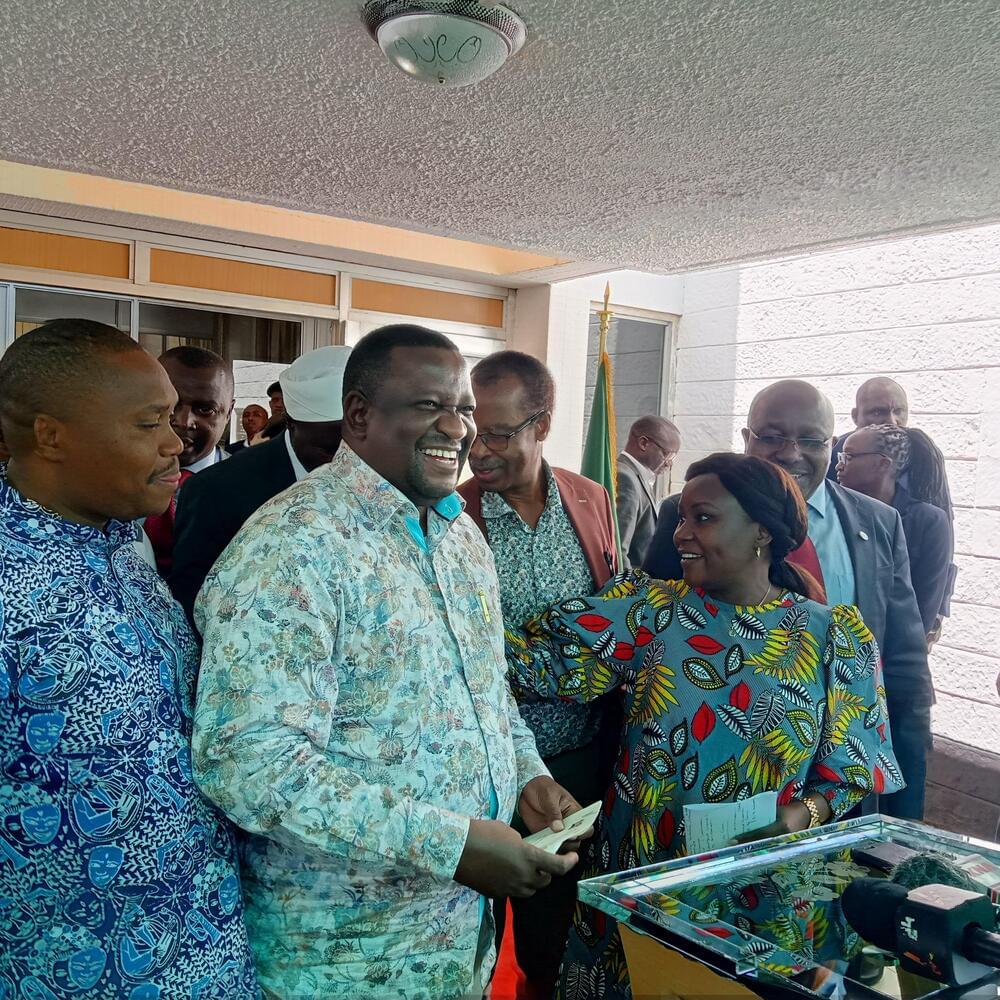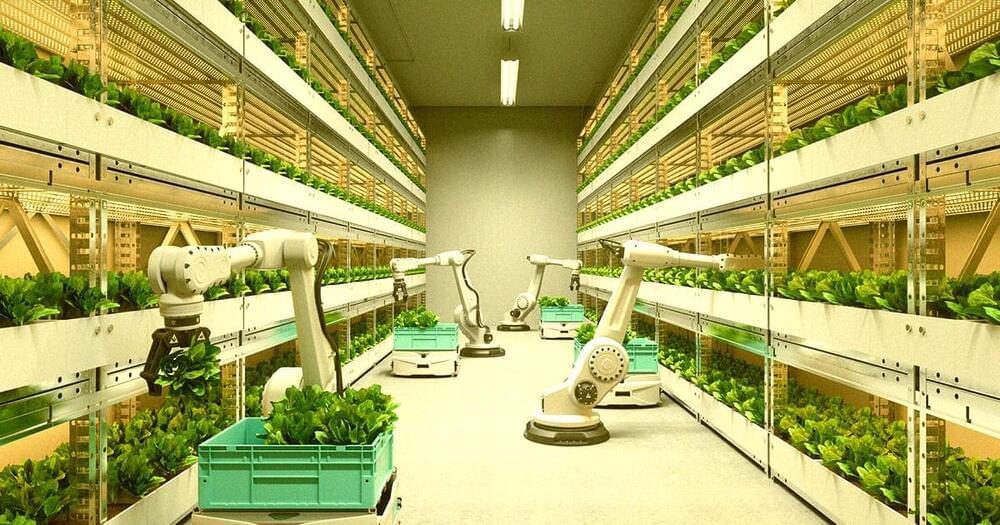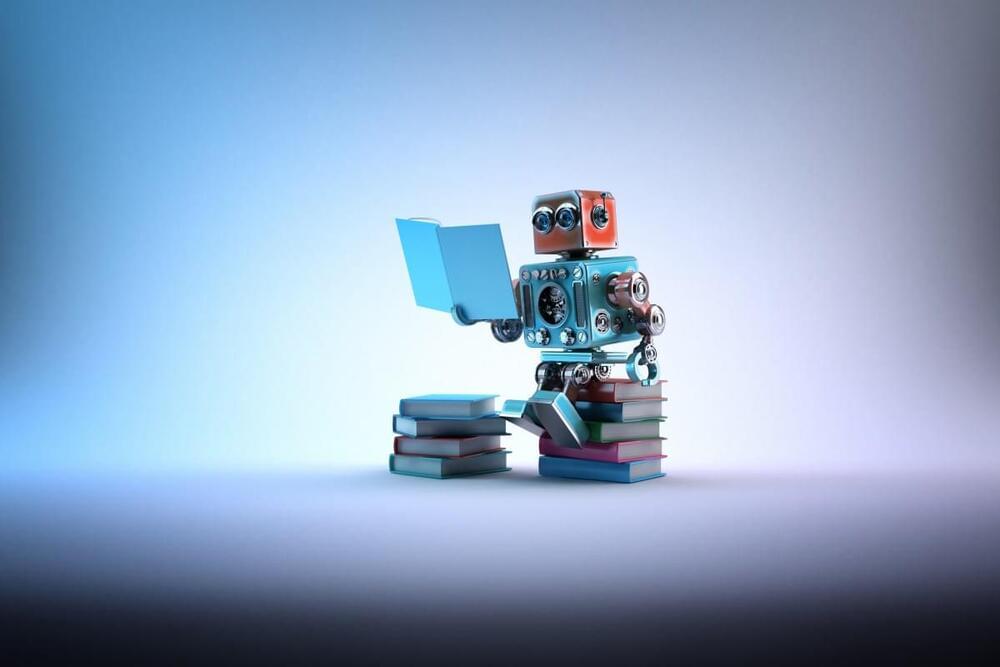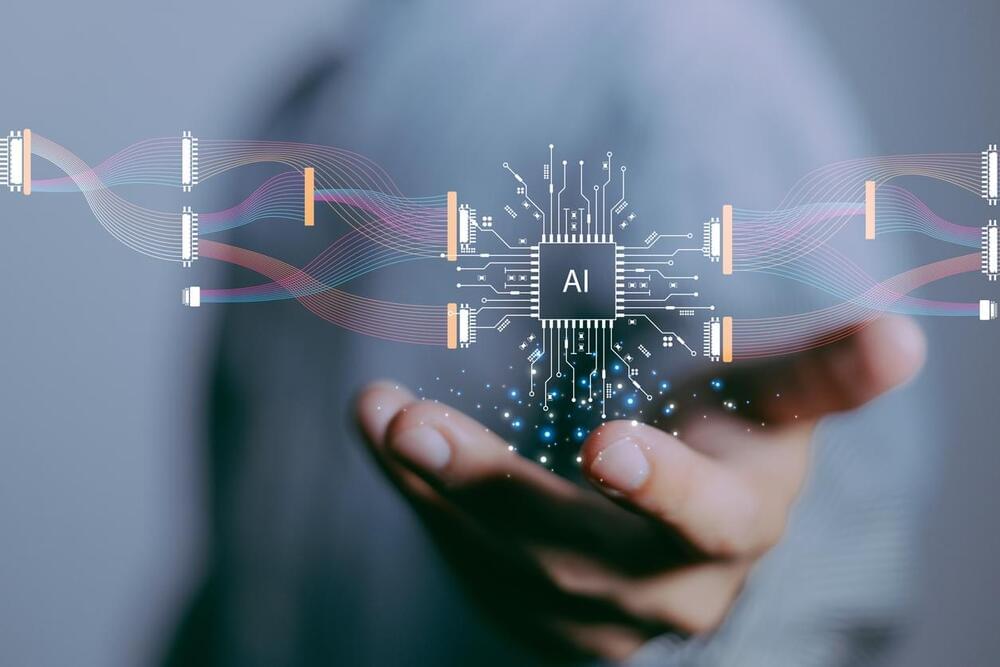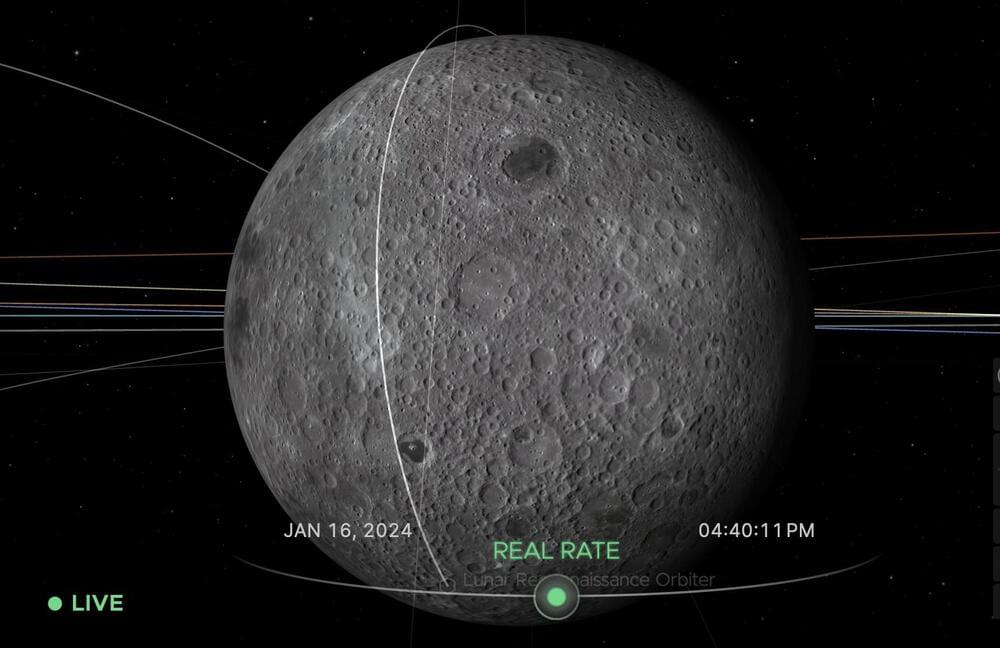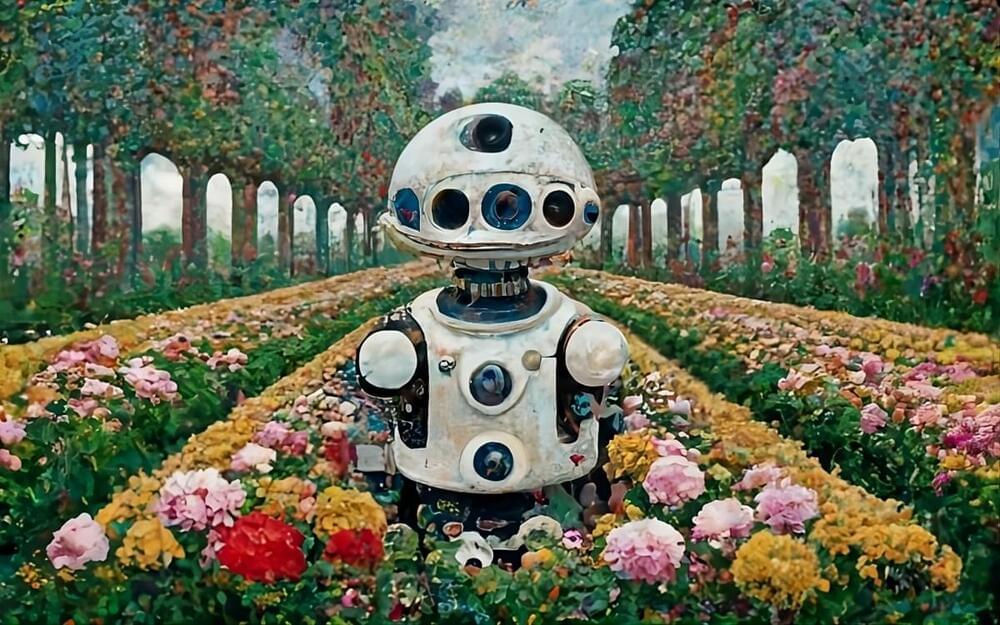Kenya has announced that the precious coltan mineral, which is used in the manufacture of cell phones, laptops and other communication gadgets has been found in the country.
Mining and Blue Economy Cabinet Secretary (CS) Salim Mvurya said on Wednesday that adequate deposits of coltan have been found in six counties.
The rare metallic mineral, mostly found in the eastern part of the Democratic Republic of Congo (DRC), is mainly used for the production of electronic goods of mass consumption, such as mobile phones, laptops and videogame consoles, and its discovery in Kenya is set to raise the country’s profile as a mineral exporter.
